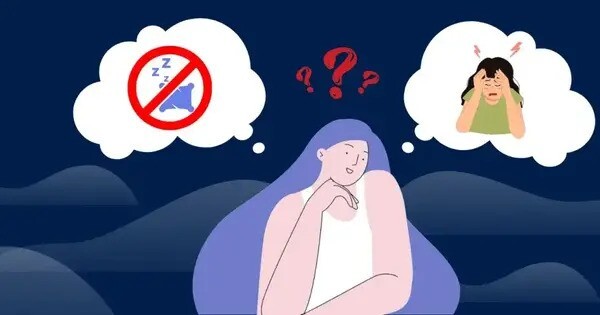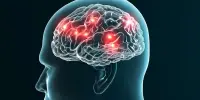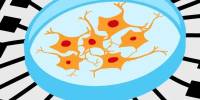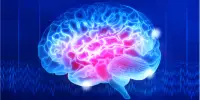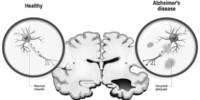A new study by researchers at the University of Arizona Health Sciences discovered a correlation between poor sleep and migraine attacks, implying that improving sleep health may help those with migraines.
Many migraine sufferers describe sleeping issues, such as insomnia, difficulty falling or staying asleep, poor sleep quality, excessive daytime sleepiness, waking up from sleep, and being forced to sleep due to a migraine headache. Until today, it was unclear whether migraines caused poor sleep or vice versa.
“It has been recognized for quite a long time that there is a relationship between sleep and migraine,” said principal investigator Frank Porreca, PhD, research director for the Comprehensive Center for Pain & Addiction and professor of pharmacology at the UArizona College of Medicine — Tucson. “The way it has been investigated in the past has been through patient-reported information, which is subjective. We quantitatively measured sleep in preclinical models and found that migraine-like pain does not influence sleep, but if you have disrupted sleep, your chances of having a migraine attack if you’re a migraine patient are much higher.”
It has been recognized for quite a long time that there is a relationship between sleep and migraine. The way it has been investigated in the past has been through patient-reported information, which is subjective.
Frank Porreca
Porreca headed a research team that used preclinical mouse models to assess sleep disruption, as mice’s sleep architecture is similar to that of humans, including cycles of deep sleep, REM sleep, and light sleep. Sleep was evaluated by electroencephalogram recordings and visual observations.
Researchers discovered that when mice were sleep deprived, they were more prone to feel migraine-like pain, which did not interfere with normal sleep.
Porreca explained that sleep loss can occur for a variety of reasons, including stress. The research team ensured that they were researching the influence of sleep, not stress, on migraine by providing mice with different toys to investigate to keep them awake.
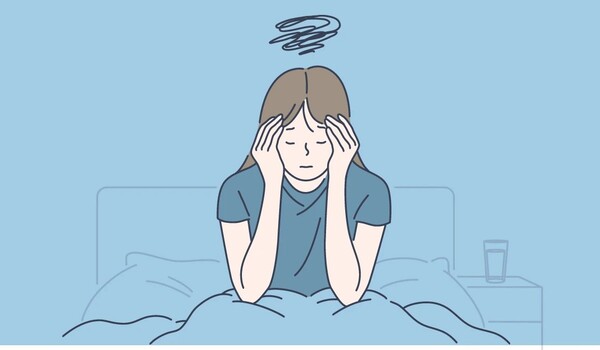
“Mice are compelled to explore novel objects. They just have to go and look,” Porreca said. “It reminds me of how teenagers are often sleep deprived because they’re on their phones. Anybody who studies sleep will tell you that from a sleep hygiene point of view, you don’t want any devices in your bedroom where you’re trying to sleep.”
For people with migraine, limiting the use of electronic devices before bedtime and following other sleep health tips could be an easy way to limit the likelihood of migraine attacks.
“Early morning is one of the most common times people experience migraine attacks,” Porreca told me. “Migraine is more common in women than males — three to one — and practically all of them are of childbearing age. Many migraine sufferers undoubtedly have children. They awaken with a migraine episode and become immediately anxious. They don’t have time to care for themselves since they need to get the kids ready for school and job. That migraine episode occurs at the worst time of day for function. Improved sleep is crucial and would likely reduce the frequency of migraine attacks.
The American Migraine Foundation estimates more than 39 million people in the U.S. live with migraine, though that number is probably higher due to the number of people who do not get a diagnosis or treatment.
